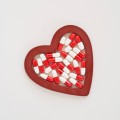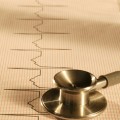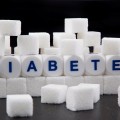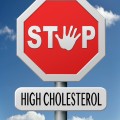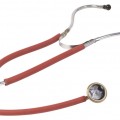Cholesterol Basics
You may have heard about cholesterol, and that too much of it can cause heart problems. But what exactly is cholesterol? It’s a group of fats in your blood, and these fats have many important functions. Some people have a hard time keeping these fats in balance due to a variety of factors, like the food they eat, their activity level, and their family history. These people may need to make lifestyle changes or take medicine to manage their cholesterol.
Different kinds of blood fats
There are a few different fats in your blood, including:
- Triglycerides: A high level of these can raise your risk of heart problems and stroke.
- HDL cholesterol: This “good” cholesterol helps clear your arteries and stop them from getting blocked with plaque (fatty build-ups).
- LDL cholesterol: This “bad” cholesterol can block your arteries and blood vessels. You should work with your healthcare provider to lower this level if it is high to prevent heart attacks and stroke.
Diagnosing cholesterol problems
If you have diabetes, or a family history of high cholesterol, the ADA recommends that you see your healthcare provider once a year for a check-up. A simple blood test will show if your HDL is too low, or if your LDL or triglycerides are too high. If you do not have a problem with cholesterol, your numbers should be checked once every five years. For most people, the goals are:
- Triglycerides: Below 150
- HDL cholesterol: Over 40 for men; over 50 for women
- LDL cholesterol: Below 100 (and below 70 if you have heart or blood vessel disease)
Lifestyle changes
If you have imbalanced cholesterol, your healthcare provider will probably suggest some lifestyle changes. These will be slightly different for everyone, but usually involve:
- Healthy eating
- Getting more exercise
- Stress reduction
- Quitting smoking
- Losing weight if you need to
- Avoiding trans fat
- Getting blood glucose and blood pressure under control
Cholesterol medicines
If the above changes are not enough, your healthcare provider may suggest a cholesterol medicine. There are several different kinds:
- Statins: These lower LDL and triglycerides, and are the most common medicine prescribed for cholesterol problems. They should not be taken if you are pregnant.
- Cholesterol absorption inhibitors: These raise HDL and lower LDL.
- Bile acid sequestrants: These raise HDL and lower LDL, but can raise triglycerides too.
- Niacin: This raises HDL and lowers LDL and triglycerides.
- Fibrates: These raise HDL and lower triglycerides, but have a variable effect on LDL.

